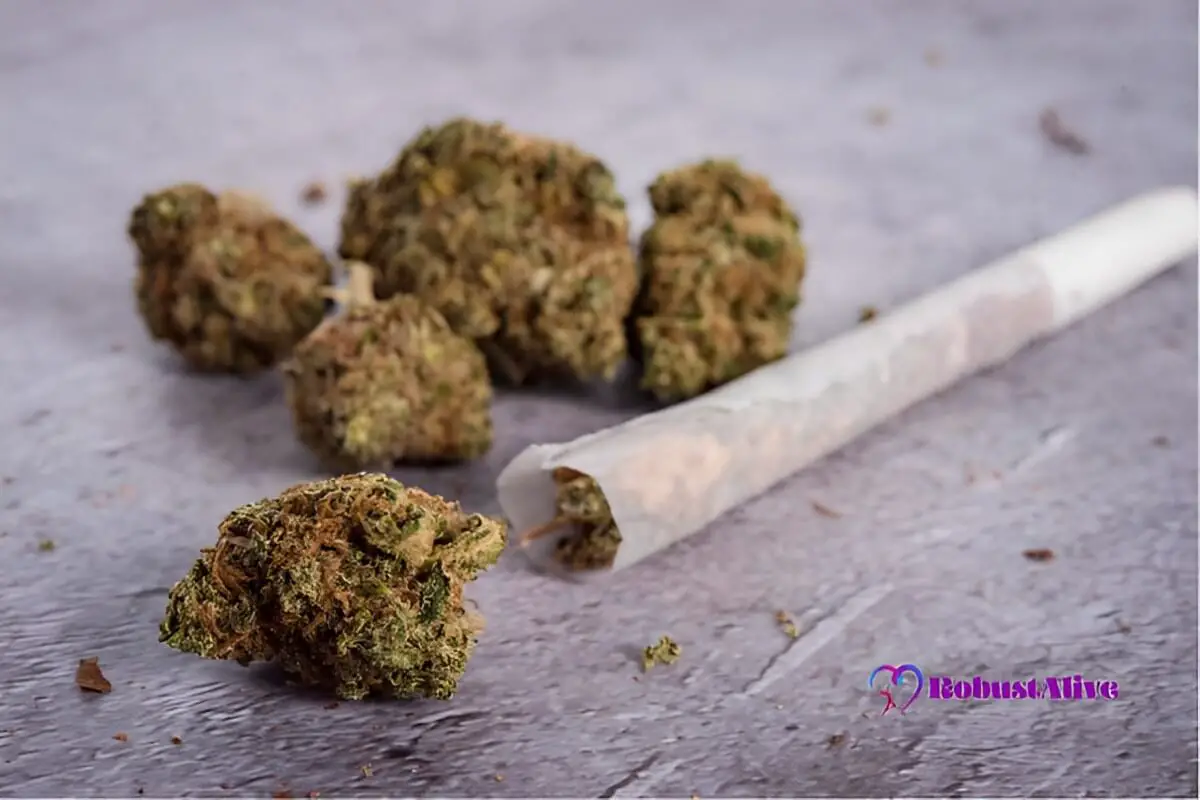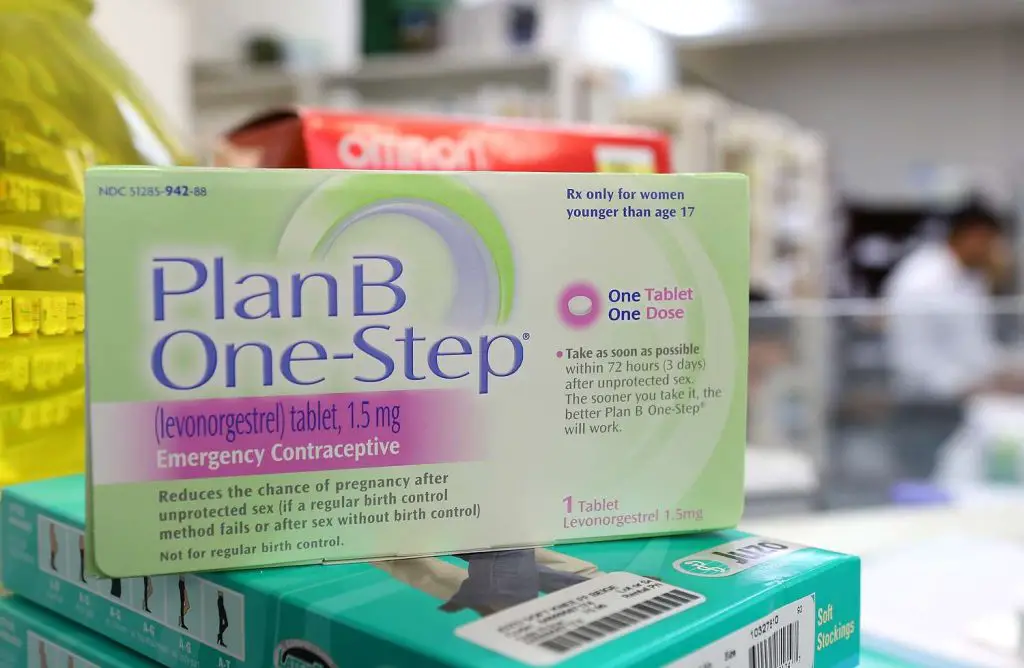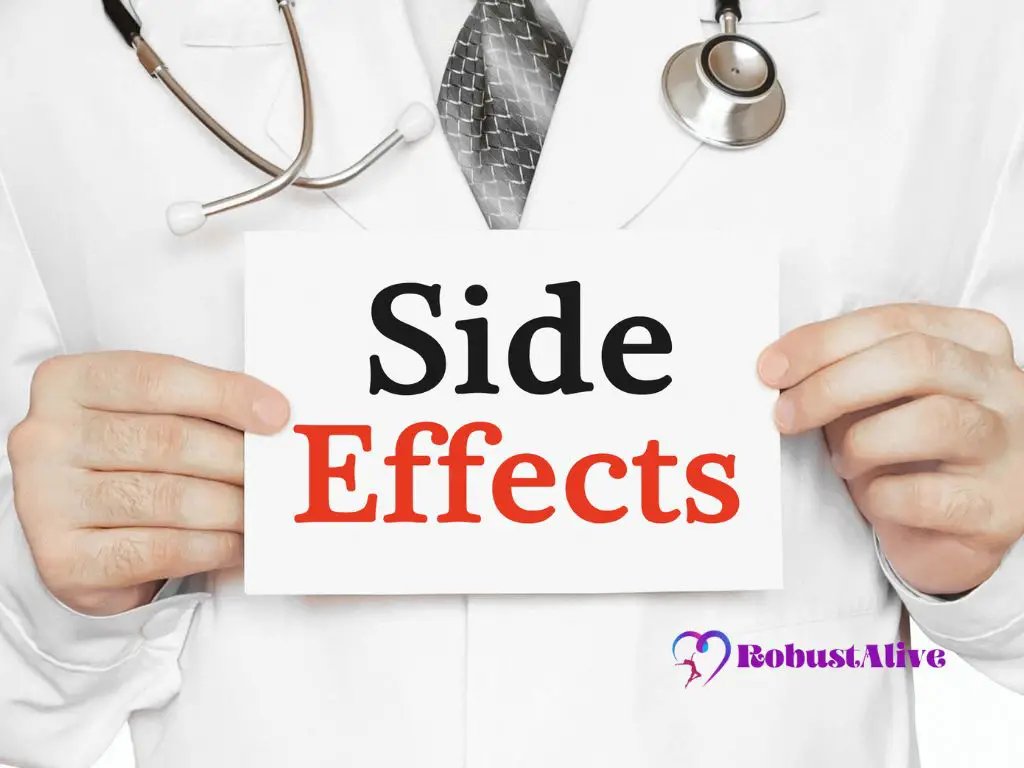Can You Smoke Weed After Taking Plan B? Exploring The Potential Interactions

When it comes to reproductive health, emergency contraception like Plan B is an essential option for preventing unintended pregnancies. However, people often have questions about how Plan B may interact with other substances, such as weed.
So, can you smoke weed after taking Plan B?
Yes, you can smoke weed after taking Plan B. There is not any direct evidence to suggest that smoking weed will interfere with the effectiveness of Plan B. However, it’s essential to consider the potential risks associated with smoking weed and make informed decisions about your health.
This will discuss the potential interactions between weed and Plan B. Keep reading!
Plan B and Its Purpose

Plan B, also known as the “morning-after pill,” is an emergency contraception method used to prevent pregnancy after unprotected sex or contraceptive failure. It contains levonorgestrel, a synthetic hormone that works primarily by preventing or delaying ovulation, thereby reducing the chances of fertilization and implantation.
Smoking Weed And Potential Risks
When it comes to smoking weed, it’s crucial to understand the potential risks and how they may affect your body. Tetrahydrocannabinol (THC), the psychoactive compound in marijuana, can have several effects on the cardiovascular system, including an increase in heart rate and blood pressure for some individuals.
Additionally, smoking weed with tobacco, a common practice for some can further raise the risk of stroke, cardiovascular disease, and high blood pressure.
Limited Research on Plan B and Cannabis Interaction
Unfortunately, there is a lack of scientific evidence specifically studying the interaction between smoking weed and taking Plan B. Thus; it’s challenging to draw definitive conclusions about their combined effects. However, we can examine the potential risks associated with each separately to gain a better understanding of the considerations involved.
Using cannabis can affect how certain medications are processed in the body through a system called cytochrome P450 (CYP) enzymes. These enzymes play a vital role in metabolizing drugs. Some studies suggest that marijuana use can either inhibit or induce certain CYP enzymes, which could potentially impact how medications are broken down.
However, we currently lack sufficient information to determine the precise extent of these effects or how they specifically affect Plan B.
Several personal factors and health considerations may influence the interactions between Plan B and marijuana. These factors include your overall health, metabolism, and individual sensitivity to medications.
It’s essential to note that smoking any substance carries potential risks, such as respiratory issues. Therefore, it is advisable to consult with a healthcare provider who can offer personalized advice based on your specific situation.
Side Effects

Graphics Credit: Robustalive.com
When it comes to side effects, both Plan B and marijuana use can cause similar symptoms. For instance, nausea, headache, fatigue, and breast tenderness are possible side effects of Plan B, while smoking marijuana can lead to dry mouth, dizziness, and an increased heart rate.
If you experience any of these symptoms after taking Plan B, it can be challenging to ascertain whether they are due to the contraceptive itself or the consumption of cannabis.
Cardiovascular Risks
Both hormonal contraception, including Plan B, and smoking tobacco or weed pose risks to cardiovascular health. Hormonal contraceptives may slightly increase the risk of cardiovascular disease, stroke, and high blood pressure.
Smoking weed, particularly when combined with tobacco, can also elevate the risk of cardiovascular problems.
Therefore, smoking weed after taking Plan B, significantly if combined with tobacco, may potentially increase the combined risk to a greater extent than using either substance alone.
Psychological Health Risks
The psychological effects of THC, such as euphoria, sedation, anxiety, and paranoia, can vary from person to person. Hormonal contraception, including Plan B, may also impact mood and emotions for some women.
While THC’s psychological effects are generally amplified by estrogen, the presence of estrogen in hormonal contraceptives might further enhance these effects. If you have a mental health condition or are at risk of psychosis, combining weed and hormonal contraception could potentially increase the risk of psychiatric disorders.
The Role of CBD
Cannabidiol (CBD), another compound found in marijuana, has gained popularity for its potential therapeutic effects and is legally available in many places. Unlike THC, CBD is not psychoactive and does not produce a “high.” Furthermore, CBD may have the opposite effect on cardiovascular health, potentially reducing blood pressure and heart rate.
However, the effects of taking CBD with hormonal contraception, such as Plan B, are not yet well-researched, and further studies are needed in this area.
Will Smoking Weed After You Take Plan B Make It Less Effective?
At present, there is no evidence to suggest smoking weed directly impacts the effectiveness of Plan B or other hormonal contraceptives. However, it’s essential to consider the potential impact of substance use on your decision-making abilities, as weed or other substances may lead to increased risk-taking behavior.
Consistently using contraception, especially methods that require regular adherence, may be affected if your desire or ability to remember to use it is compromised under the influence of substances.
Frequently Asked Questions (FAQs)
-
Can I Smoke Weed While Breastfeeding?
It is not recommended to smoke weed while breastfeeding. Tetrahydrocannabinol (THC), the psychoactive component of cannabis, can be passed to the baby through breast milk and may affect their development and overall health.
-
Can I Smoke Weed While Taking Amoxicillin?
It is advisable to exercise caution when using THC while taking amoxicillin, as some medical professionals have raised concerns about potential interactions that could amplify side effects. If you choose to smoke weed while on amoxicillin, monitor yourself closely for any increased or unpleasant side effects and discontinue THC use if any adverse reactions occur.
-
What Medications Should I Not Smoke Weed With?
Marijuana can have dangerous interactions with sedatives, anti-anxiety medications, antidepressants, pain medications, anticonvulsants, and anticoagulants. Combining marijuana with these drugs can potentially increase their effects, leading to excessive sedation, drowsiness, impaired coordination, and other adverse reactions.
Conclusion
In summary, the specific interaction while smoking weed after taking Plan B is not well-studied, but both substances individually pose potential risks. It’s crucial to consider these factors and make informed decisions about substance use and contraception.
If you have any concerns or questions, it’s always best to consult with a healthcare professional.





